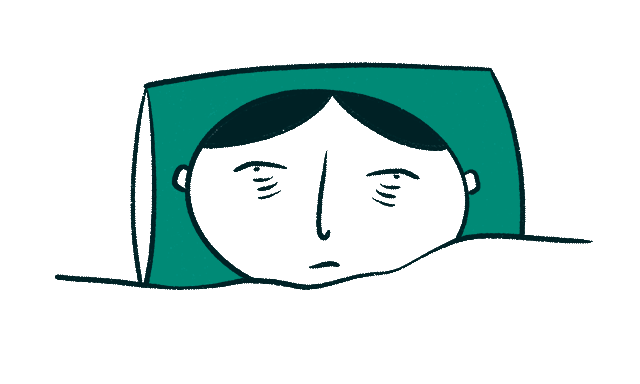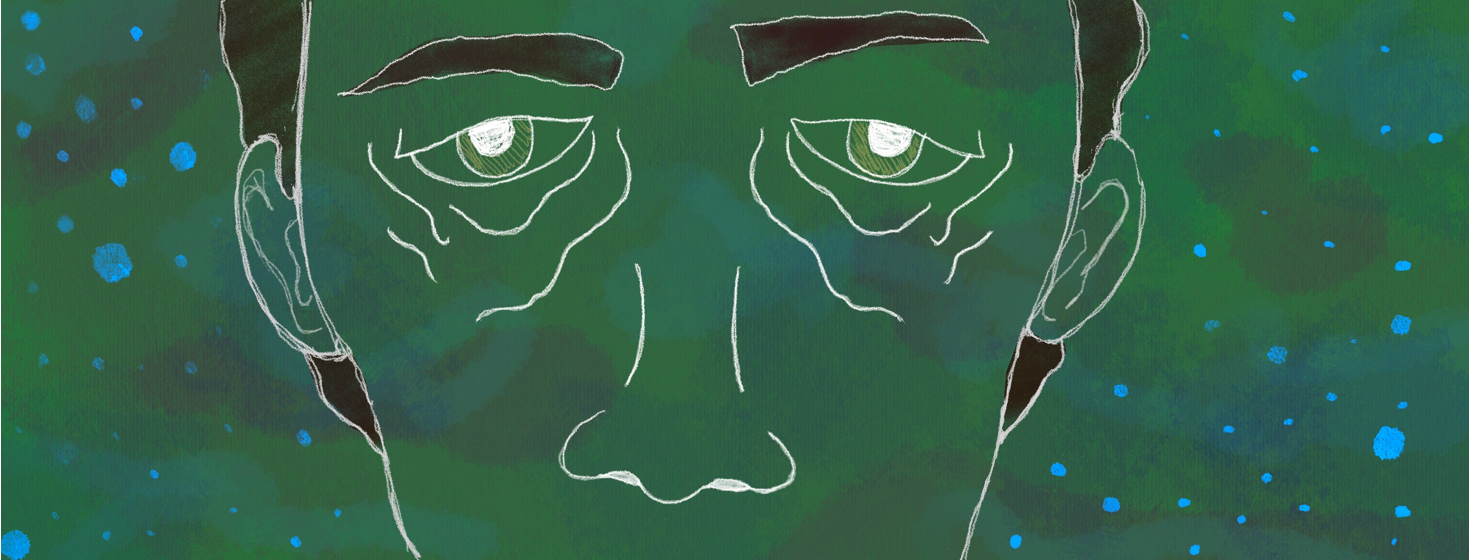Sleep Disorders and Psoriatic Disease
Good quality sleep and enough sleep are essential for overall health, but 85.4 percent of people with a psoriatic condition report sleep troubles. This is especially problematic for people with psoriasis or psoriatic arthritis.

That’s because sleep issues increase their risk of developing other health conditions, including cardiovascular disease, type 2 diabetes, stroke, depression, and anxiety.
Connecting sleep disorders and psoriatic disease
To learn more about sleep disturbances in people with psoriatic conditions, a team surveyed people from Citizen Pscientist, a global online research network sponsored by the National Psoriasis Foundation.
This large study of 3,118 people with a diagnosis of psoriasis or psoriatic arthritis looked both sleep quality and sleep quantity.
They were asked a wide variety of questions including their gender, age, how long they had had psoriasis and its severity, whether they had sleep apnea, smoked or drank alcohol, the timing of their itch, and body mass index (BMI).
What are sleep disorders?
Many different types of sleep issues can contribute to poor sleep quality and quantity. Insomnia is defined as trouble falling or staying asleep for at least three nights a week for three months or more.
Low sleep quantity is defined as averaging less than seven hours of sleep per night, according to the American Academy of Sleep Medicine. Other sleep disorders more common in people with psoriasis and psoriatic arthritis include restless leg syndrome and obstructive sleep apnea.
Lack of good quality sleep for long enough leads to serious quality of life issues, such as brain fog, fatigue, trouble concentrating, poor school or work performance, and higher rates of car accidents.
Research examining psoriatic disease and sleep disorders
Of those surveyed, 50.9 percent had psoriasis and 49.1 percent had psoriatic arthritis and were evenly spread across ages 31 to 70. Most (80.9 percent) rated their psoriasis severity as mild or moderate, and 80.3 percent had been diagnosed for over 10 years and were non-smokers.
Of those not getting enough sleep, 31 percent reported getting 6 hours or less of sleep. The survey data revealed a few previously unknown links between sleep quality, sleep quantity, and psoriatic diseases. Their findings were:
- Difficulty sleeping (insomnia) was more common in people with psoriatic arthritis, females, and those who were obese (BMI > 30), had moderate or severe psoriasis severity, smoked, and who also had sleep apnea.
- Not getting enough sleep was associated with being obese, having sleep apnea, moderate or severe psoriasis severity, and smoking.
- Age, alcohol consumption, and timing of the worst itch was not associated with insomnia or not enough sleep.
- Having psoriatic arthritis and being female are associated with poor sleep quality but not sleep quantity.
- Psoriasis severity impacts both sleep quality and quantity.
- Sleep issues may not improve even when psoriatic symptoms are well controlled in people who also have sleep apnea.
The scientists speculated that those with psoriatic arthritis may have difficulty sleeping well due to joint and muscle discomfort more than psoriasis alone.
Recommendations from the sleep disorder study
Earlier studies had produced conflicting information on whether psoriasis severity was tied to sleep problems. This study found a clear connection.
Based on their study results, the researchers recommend that healthcare providers ask psoriasis and psoriatic arthritis patients about sleep in order to identify serious complications early. Sleep problems can be caused by a complex mix of issues, so a referral to a sleep specialist may be necessary.

Join the conversation